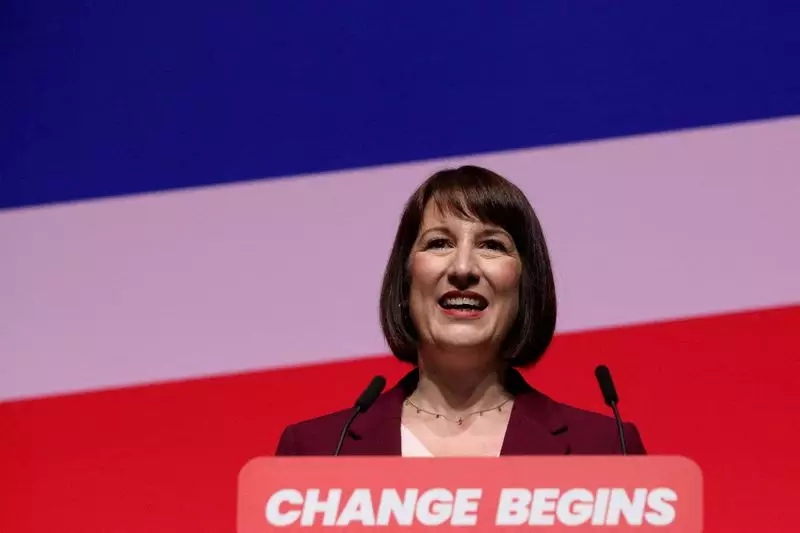In a significant moment for the United Kingdom’s economic trajectory, British finance minister Rachel Reeves is poised to unveil a budget that promises to reshape the nation’s financial landscape. The upcoming budget, which marks the Labour Party’s return to fiscal governance after a 14-year hiatus, is anticipated to serve as a critical pivot in addressing the pressing economic challenges the country faces. As Reeves prepares to engage with international partners during her attendance at the International Monetary Fund (IMF) and World Bank annual meetings in Washington, the implications of her proposals may resonate far beyond British borders.
Reeves has signaled her intention for the budget to act as a ‘reset’ for the British economy, placing an emphasis on bolstered investment and improved public services. Central to her plan is an ambitious initiative to raise approximately £40 billion ($52 billion), achieved through a judicious mix of tax increases and strategic reductions in public spending. The urgency for this fiscal maneuvering stems from a significant budgetary deficit inherited from the previous administration, requiring effective solutions to restore fiscal balance while still prioritizing developmental needs.
Reeves’ approach reflects a broader understanding of contemporary global economic dynamics. By positioning her upcoming budget within the context of international engagement, she is not only addressing domestic concerns but also seeking to reinforce the UK’s role within the G7 and beyond. The strategic discourse surrounding the budget has the potential to bolster Britain’s negotiating power on global issues—evidence of her recognition that economic health and diplomatic clout are intricately linked.
At the heart of Reeves’ reassessment of British fiscal policy is a reevaluation of existing borrowing rules. Reports suggest she may advocate for a transformative shift from the current rigid framework governing public debt. This could entail adopting a more flexible interpretation that allows a broader range of public assets to count against debt calculations, potentially enabling the government to sustain greater levels of investment without significantly increasing the deficit.
Such changes would mark a substantial departure from longstanding fiscal conservatism, reflecting a pragmatic acknowledgment that responsive governance often requires bending traditional frameworks to meet urgent needs. The Institute for Fiscal Studies has indicated that loosening these restrictions could feasibly facilitate an additional £50 billion in borrowing—money that could be channeled into vital infrastructure projects and public services that cement the foundations for long-term growth.
During her trip to Washington, Reeves is also set to address the need for more robust development financing mechanisms for impoverished nations, aligning with United Nations’ sustainable development goals. The Labour government’s intention to champion transparency among G20 countries regarding their debt positions showcases a commitment to upright economic stewardship on a global scale.
Moreover, this renewed emphasis on international cooperation appears timely, especially in light of the UK’s recent commitment to provide $3 billion in weapon financing to Ukraine. This move underlines a dual responsibility: while the UK seeks to fortify its own economic framework, it must also actively participate in global security and stability initiatives—particularly in tumultuous regions.
As Rachel Reeves readies herself to unveil a budget laden with promise, the onus to deliver results in a complex economic environment will undoubtedly weigh heavily on her shoulders. The anticipated fiscal policy changes embody a willingness to innovate amidst constraints, potentially paving the way for revitalized economic growth in Britain.
The upcoming fiscal strategy will serve as both a tool for national recovery and a testament to the UK’s adaptability in addressing 21st-century challenges. Ultimately, Reeves’ budget may not simply reflect domestic financial adjustments; it signifies Britain’s reassertion of leadership in the global economic arena, echoing a clarion call for proactive investment and shared accountability as key drivers of progress.

